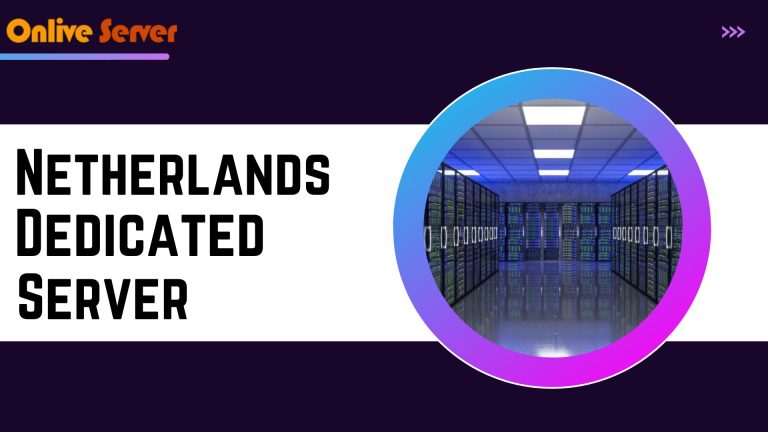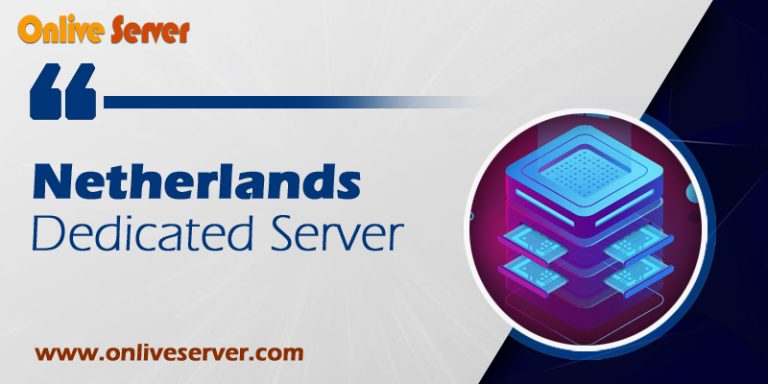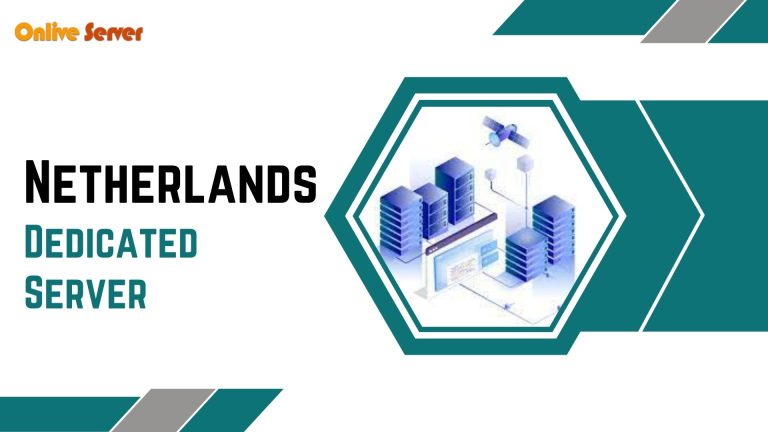In today’s fast-paced digital world, ensuring your business has robust, secure, and lightning-fast online infrastructure is critical. For companies looking to expand their presence in Asia or cater to Japanese customers, a Japan Dedicated Server can be a game-changer. However, selecting the right dedicated server from Japan involves more than just choosing a provider. It requires a careful assessment of performance, reliability, security, and scalability to meet your business needs.
Understanding Japan Dedicated Hosting
Unlike shared hosting, where multiple users share server resources, a dedicated server offers complete control over the hardware, software, and network configurations. Japan dedicated servers are hosted in data centers located within Japan, ensuring excellent connectivity, low latency, and compliance with local regulations—factors that are particularly crucial for businesses targeting Japanese markets.
Why Choose a Japan Dedicated Server for Your Business?
Enhanced Performance and Low Latency:
For companies with a primary audience in Japan or broader Asia-Pacific regions, hosting your website or application on a Japan-based server significantly reduces load times. This is essential for user experience and search engine rankings, as faster websites tend to rank higher in local search results.
Compliance and Data Sovereignty:
Hosting data locally not only ensures compliance with these regulations but also builds trust with local customers who are increasingly aware of data privacy issues.
Reliable Network Infrastructure:
Japan Server Hosing benefit from high-quality network connections, reducing downtime and providing consistent uptime—a necessity for any mission-critical business application.
Key Considerations When Choosing a Dedicated Server Japan
Performance and Reliability:
When evaluating dedicated servers, look at key performance indicators such as processor speed, memory allocation, and storage options. The server’s hardware specifications should align with your business’s workload demands, whether you’re running high-traffic websites, complex databases, or resource-intensive applications. Additionally, verify the provider’s uptime guarantees.
Location and Network Latency:
A server located in Tokyo or Osaka can offer reduced latency and faster data delivery. Consider the network connectivity options provided by the hosting company, including redundant network paths and direct connectivity to major Internet exchanges, to ensure your users experience minimal delays.
Security Measures:
Evaluate the security protocols offered by the provider, such as firewalls, DDoS protection, and intrusion detection systems. Some providers may offer additional features like hardware encryption or regular security audits. Ensure that the data center meets international and local security standards, which can be a significant factor in protecting your business from cyber threats.
Scalability and Customizability:
Your business needs can change rapidly, and your hosting solution should be flexible enough to grow with you. Customizable server configurations ensure you only pay for what you need, making it easier to manage your operational costs.
Support and Management:
Choose a provider that offers 24/7 support through multiple channels such as live chat, email, and phone. Additionally, managed dedicated server options can relieve your IT team of routine maintenance tasks, allowing you to focus on core business operations while experts handle server management.
Cost Considerations:
While dedicated servers tend to be more expensive than shared hosting options, the investment is justified by the performance, security, and scalability they provide. Compare different providers, keeping an eye on both initial setup fees and ongoing maintenance costs. Transparent pricing models and flexible contracts are beneficial, especially if you expect your resource needs to evolve.
Comparing Providers and Evaluating Reviews
Look at customer reviews and testimonials to get insights into the provider’s reliability, customer service quality, and overall performance. Trusted review platforms and technology forums can offer a balanced perspective, highlighting both the strengths and potential drawbacks of each service.
Additionally, consider requesting trial periods or demo accounts if available. This hands-on approach allows you to assess the server’s performance and compatibility with your business requirements without making a long-term commitment upfront.
Future-Proofing Your Business with the Right Dedicated Server
The digital landscape is continuously evolving, and choosing a dedicated server can give your business a competitive edge. With an emphasis on local compliance, superior connectivity, and robust security, a dedicated server in Japan is not just a hosting solution—it’s a strategic investment in your business’s future growth. As your business expands, having a flexible and scalable server solution will ensure that your online operations remain smooth, responsive, and secure.
Conclusion
Choosing the best Cheap Dedicated Server for your business is a multi-faceted decision that goes beyond simple technical specifications. It involves a strategic assessment of your current and future needs, focusing on performance, security, support, and cost-effectiveness. By carefully evaluating these factors and comparing multiple providers, you can select a hosting solution that not only meets your operational requirements but also positions your business for success in Japan’s dynamic digital marketplace.








